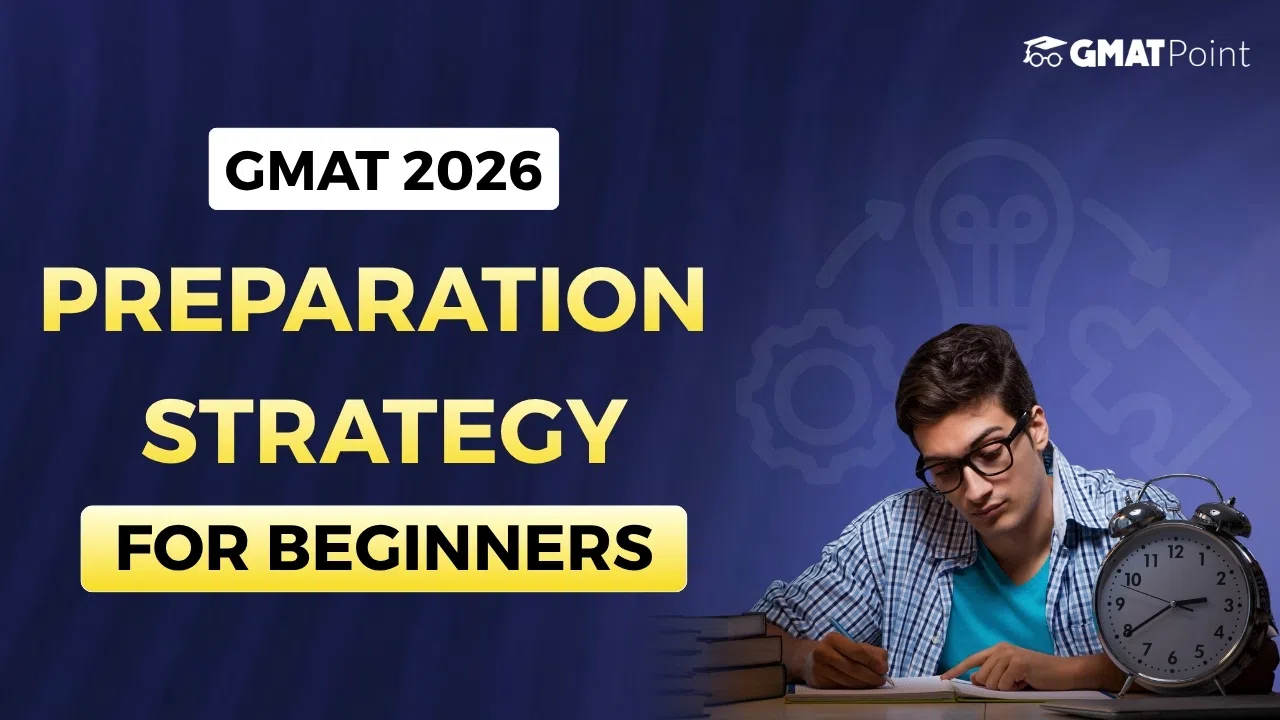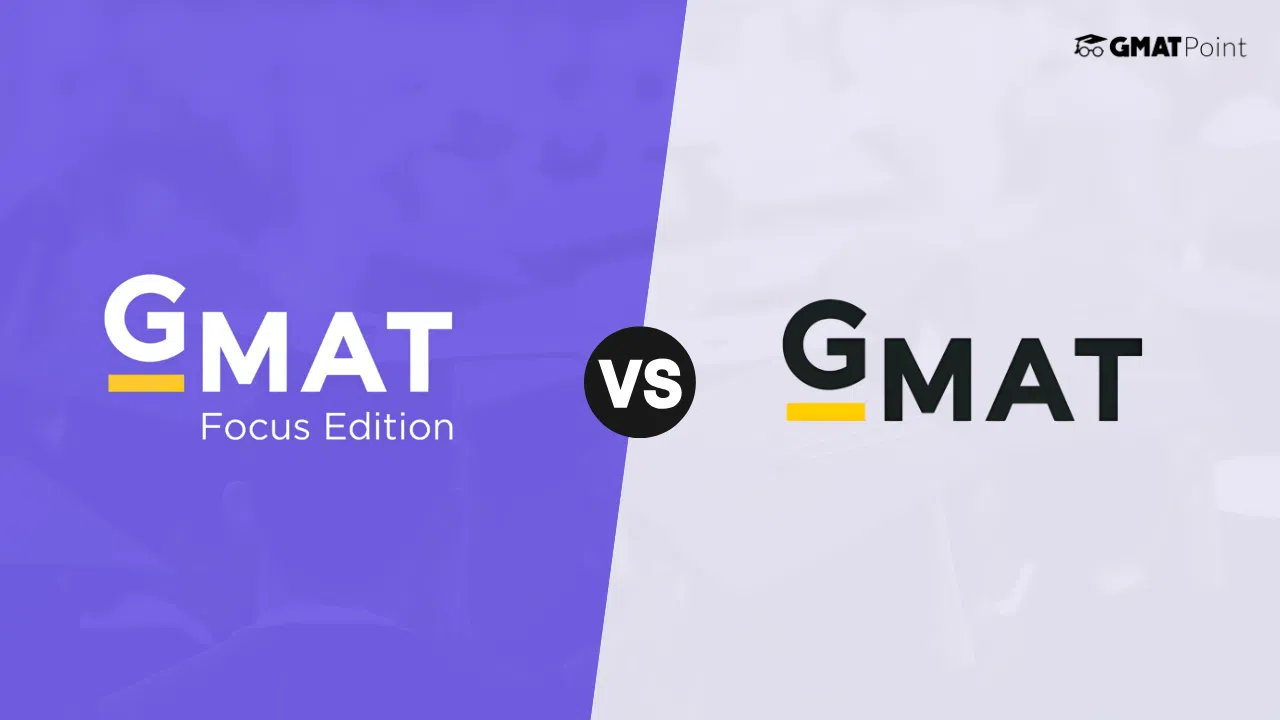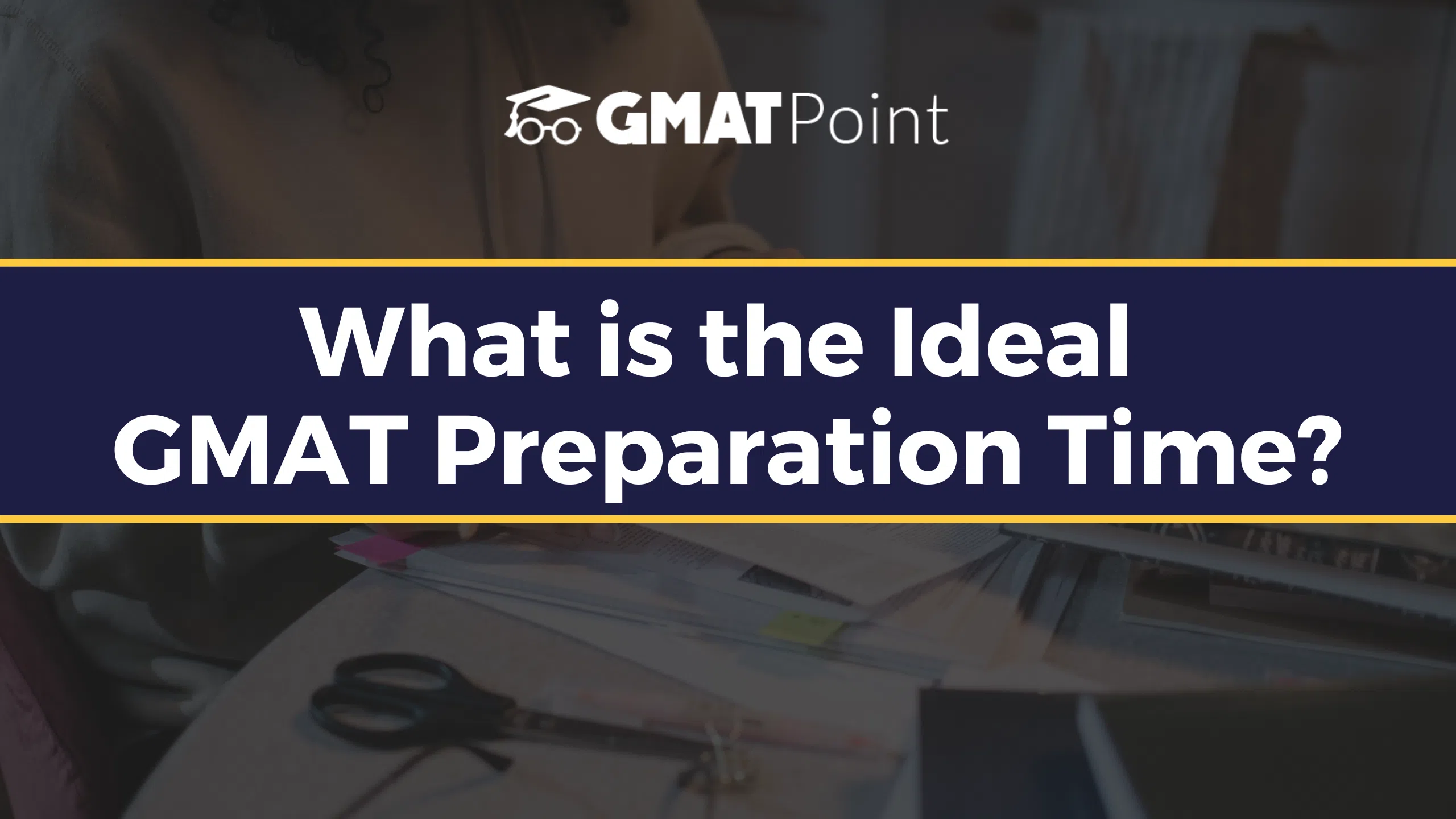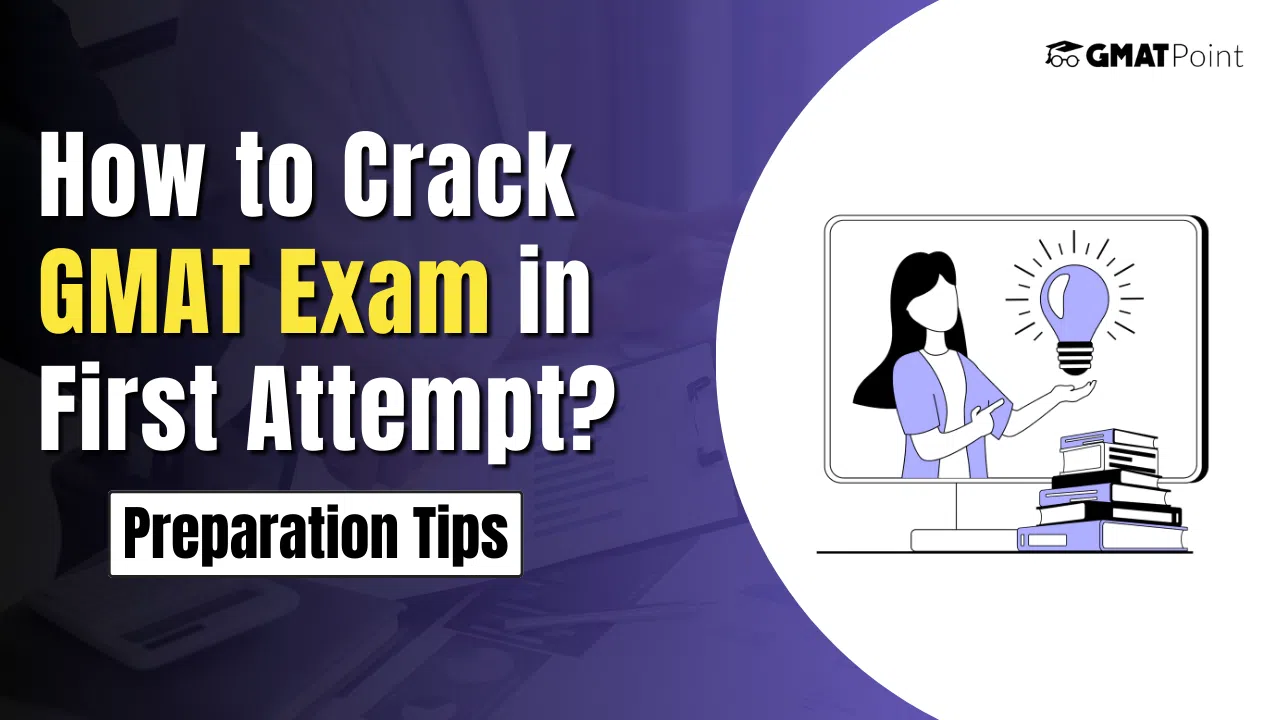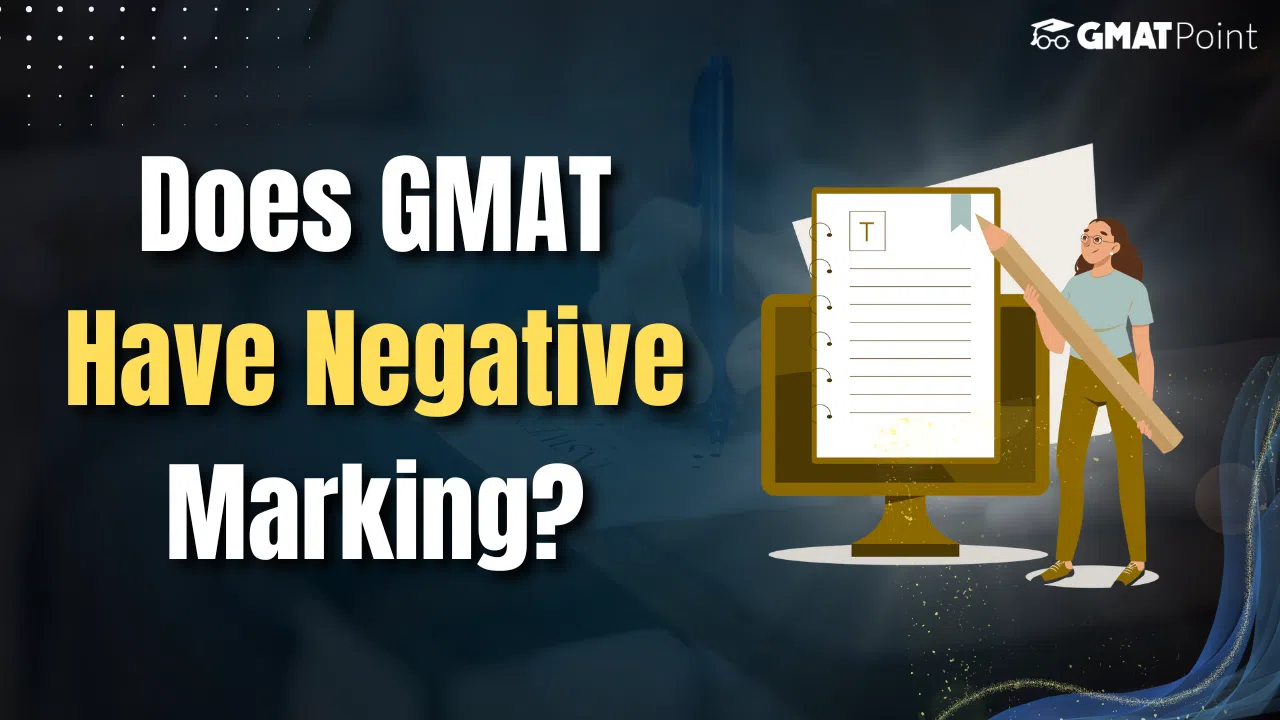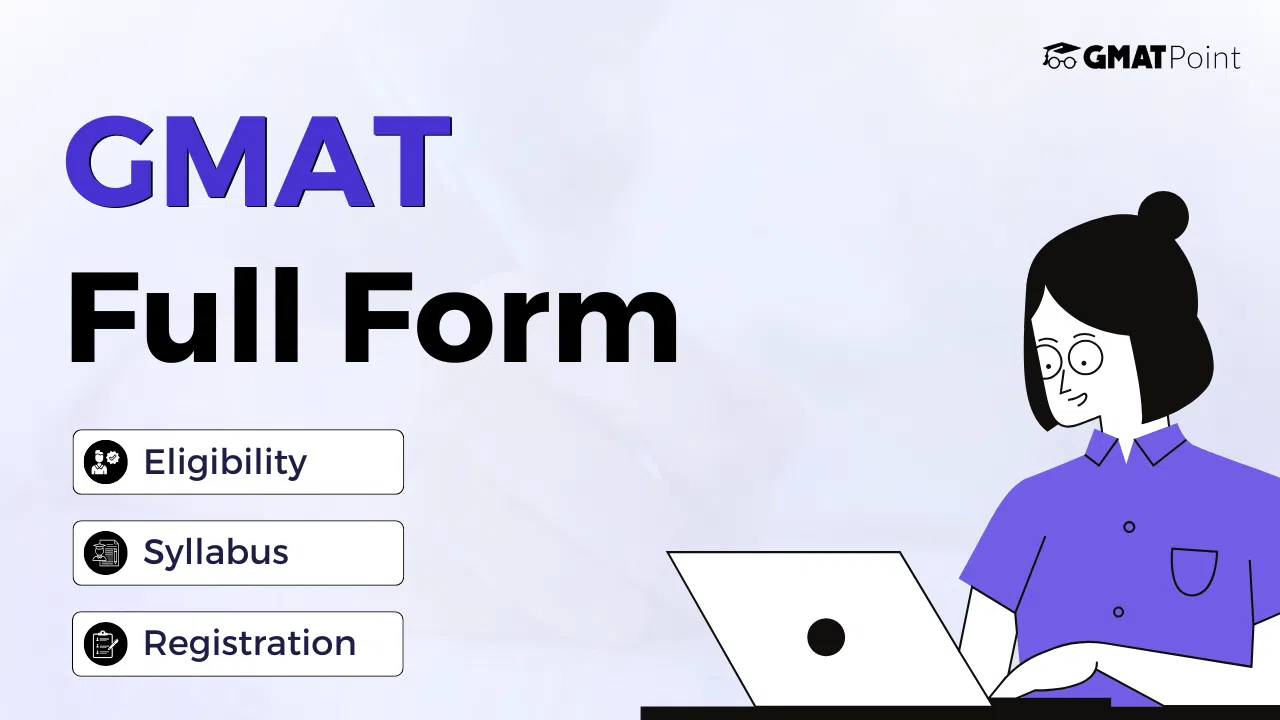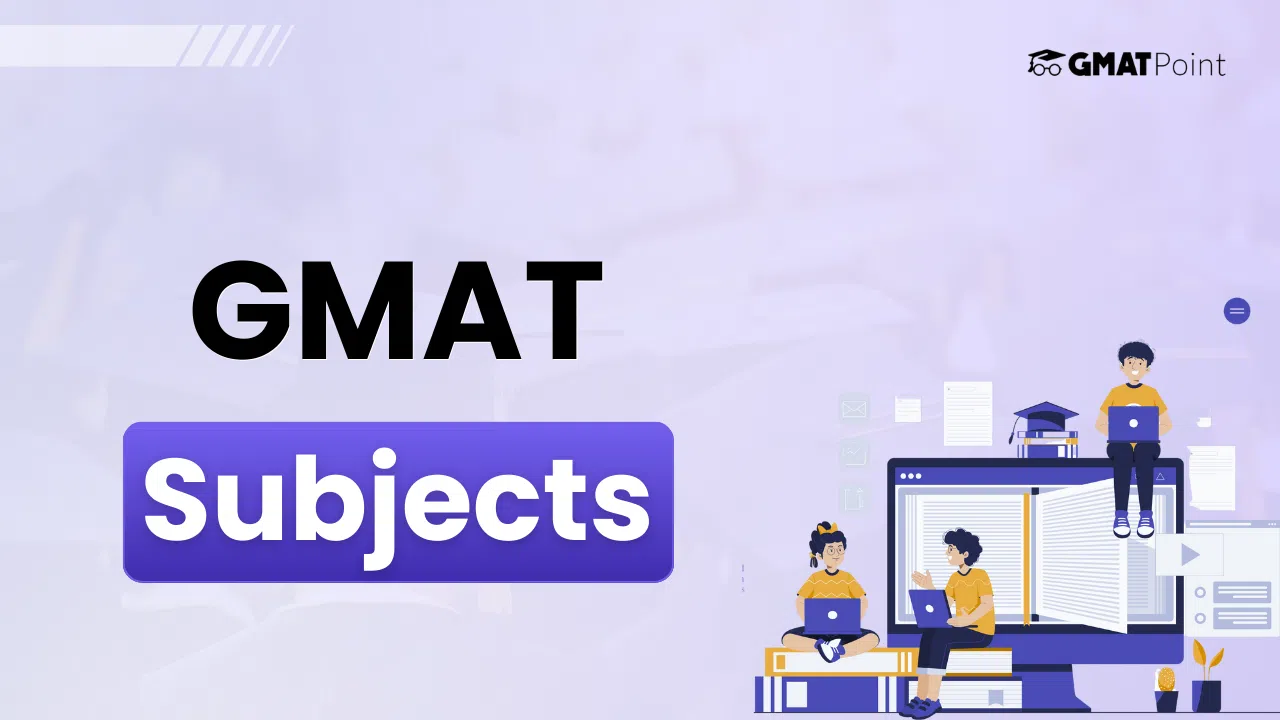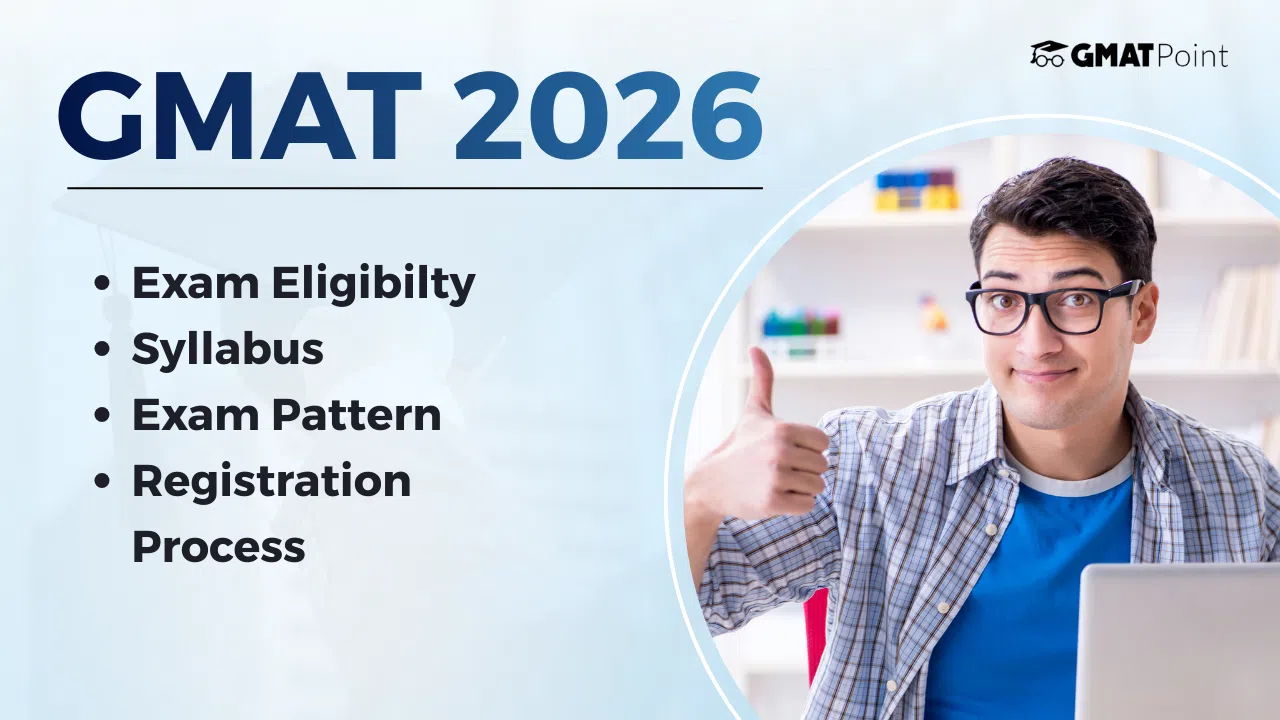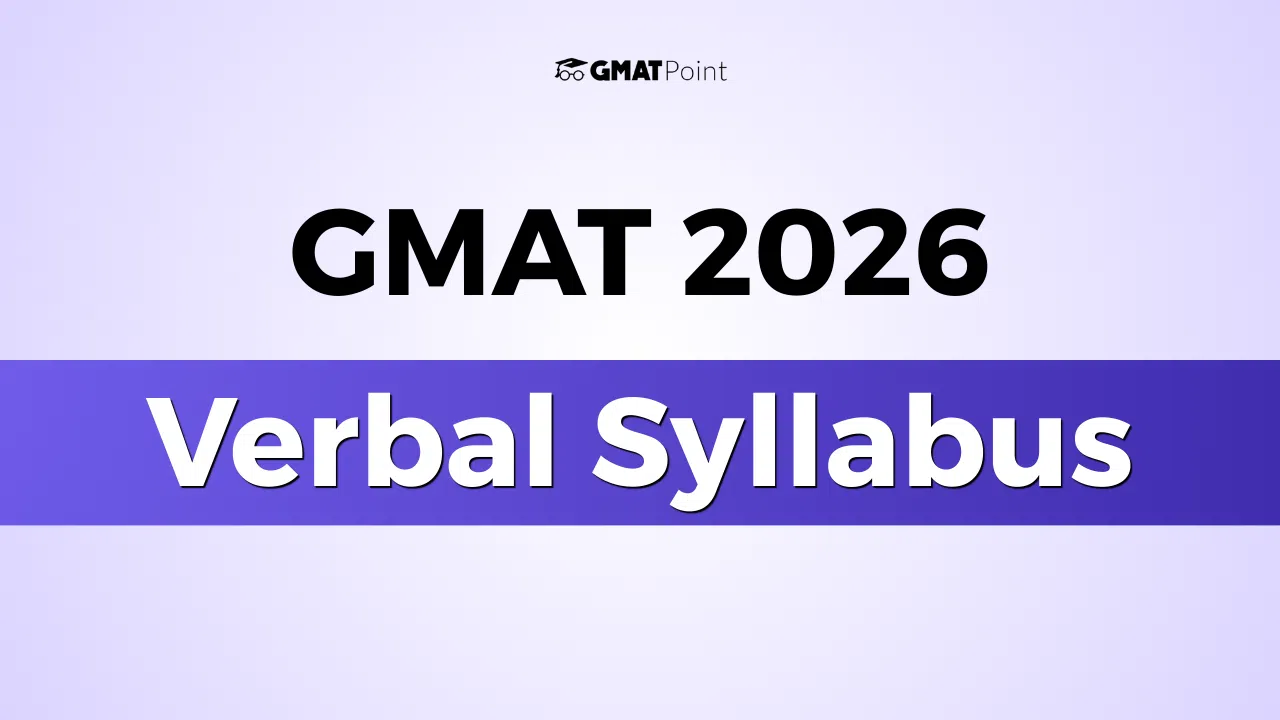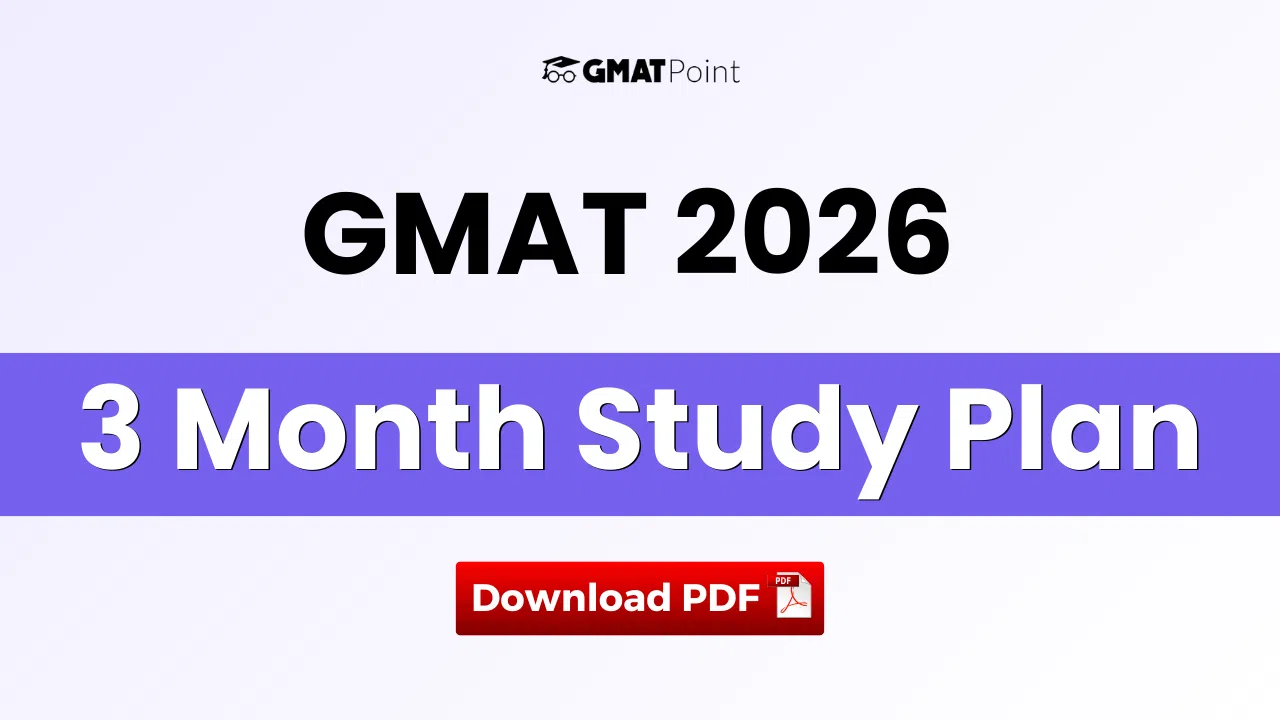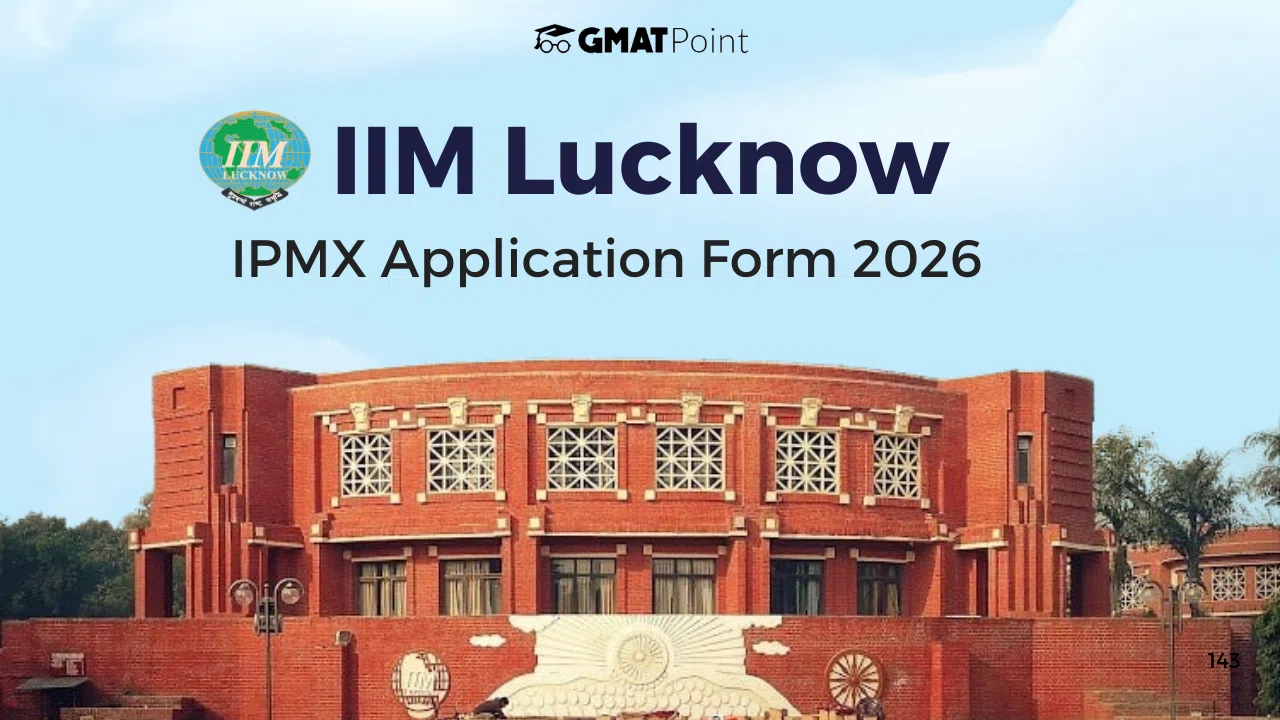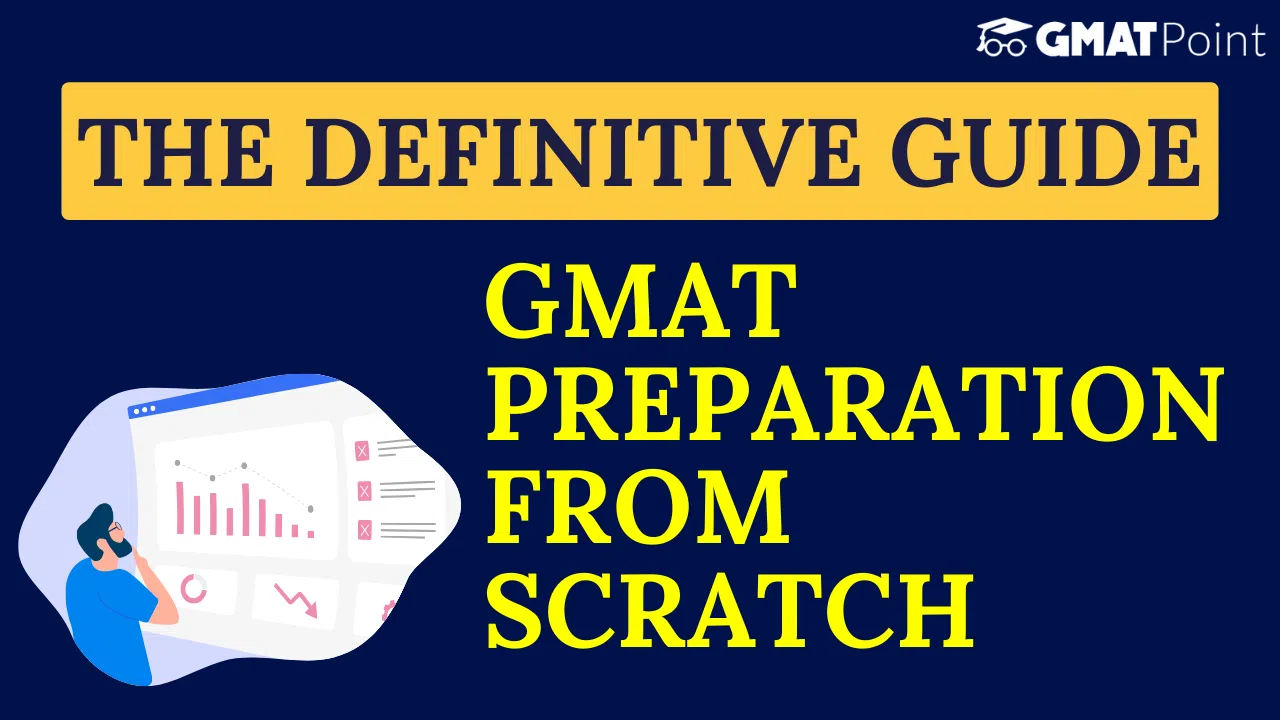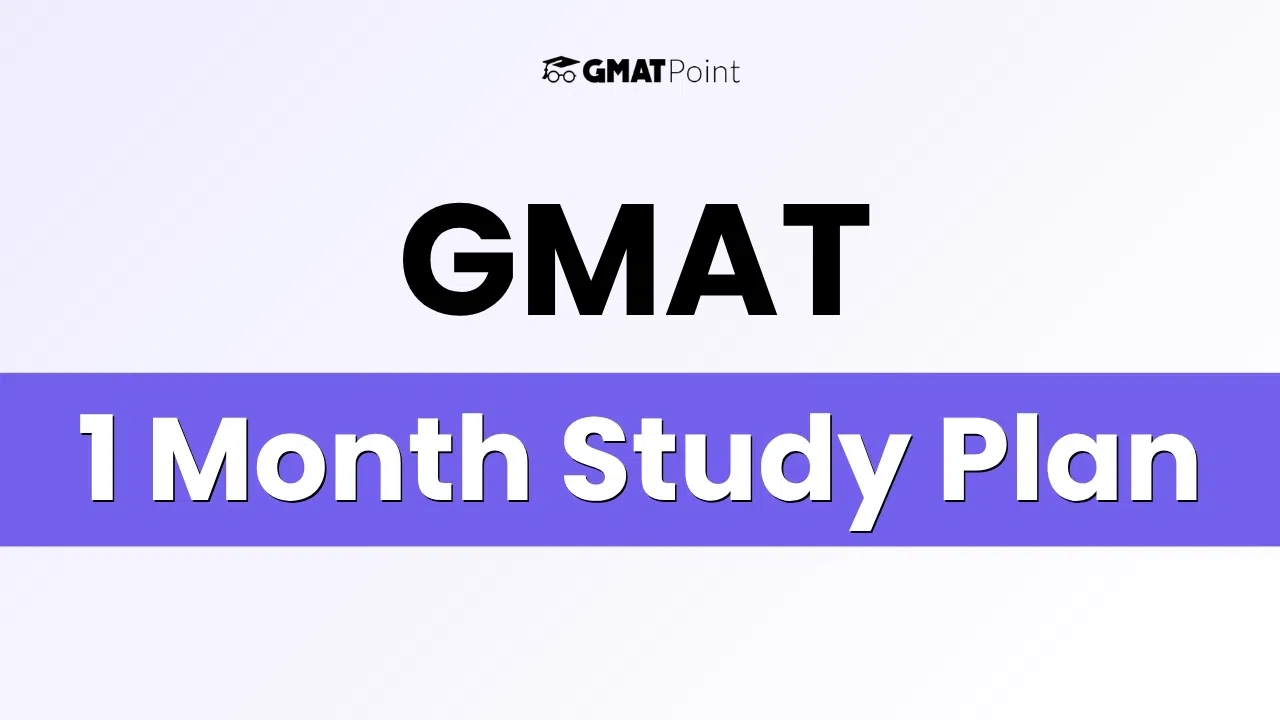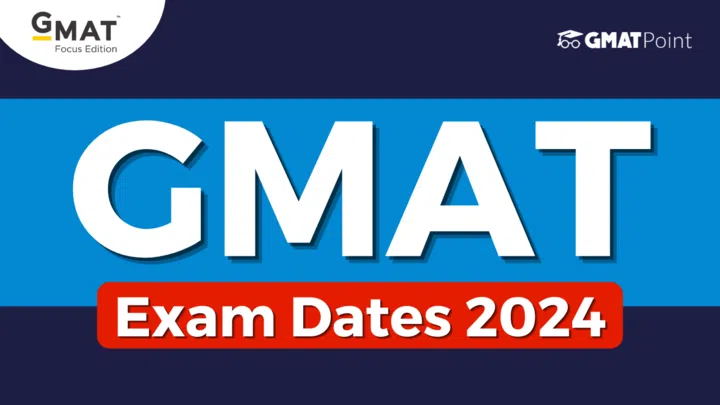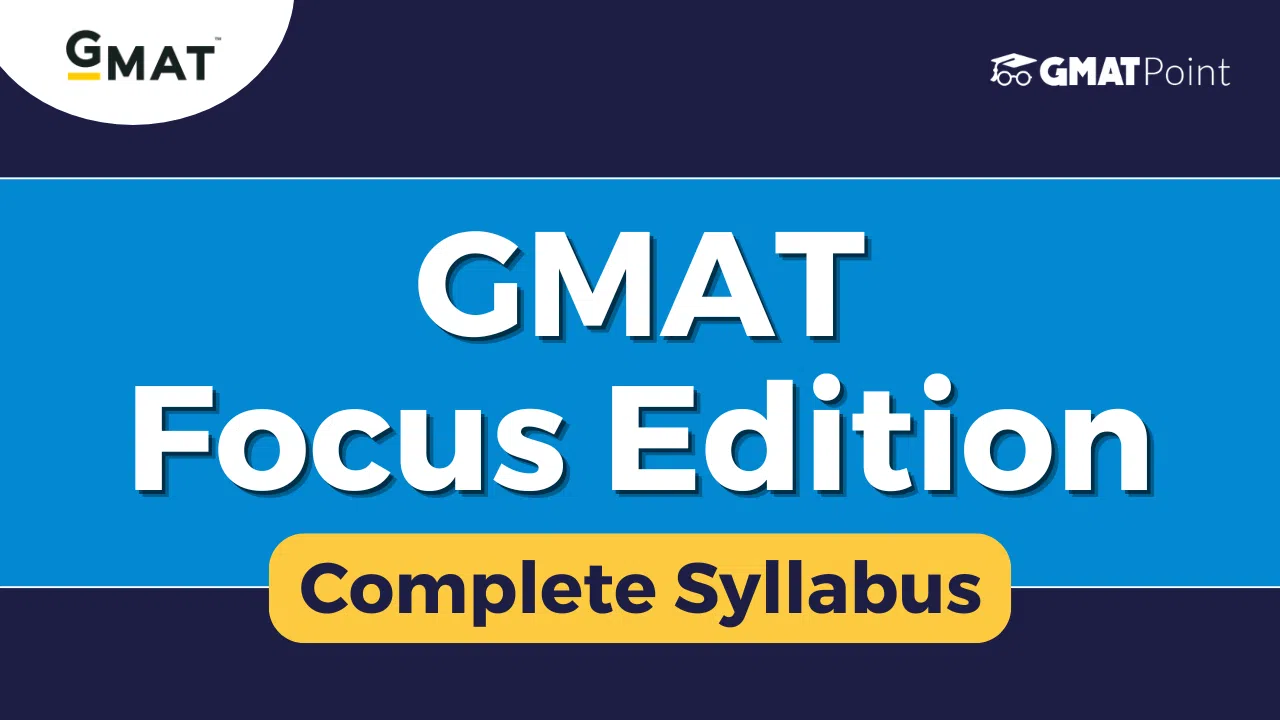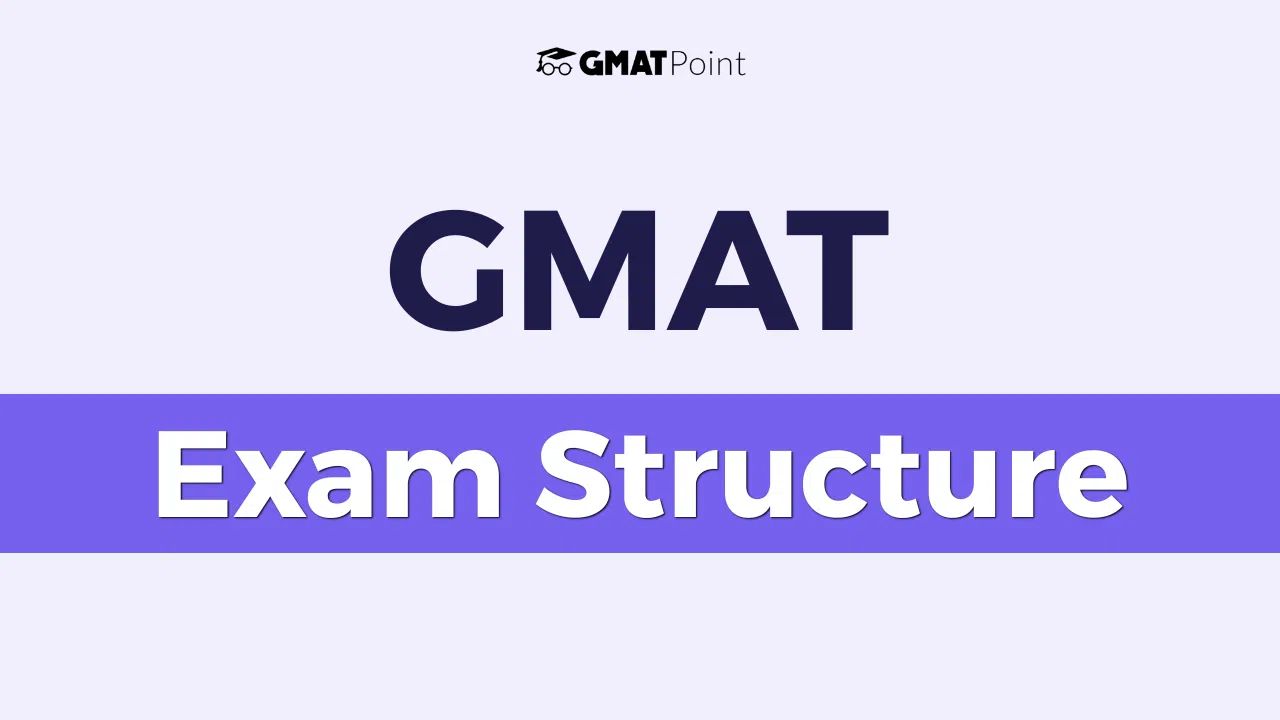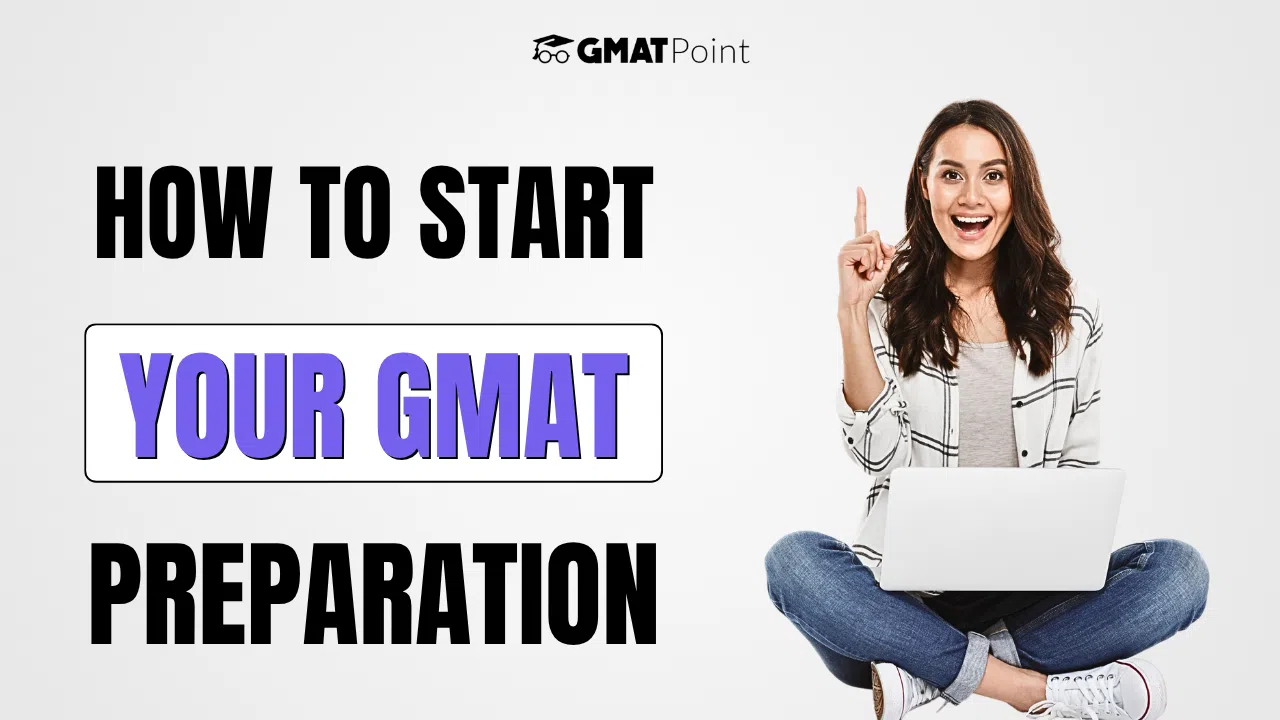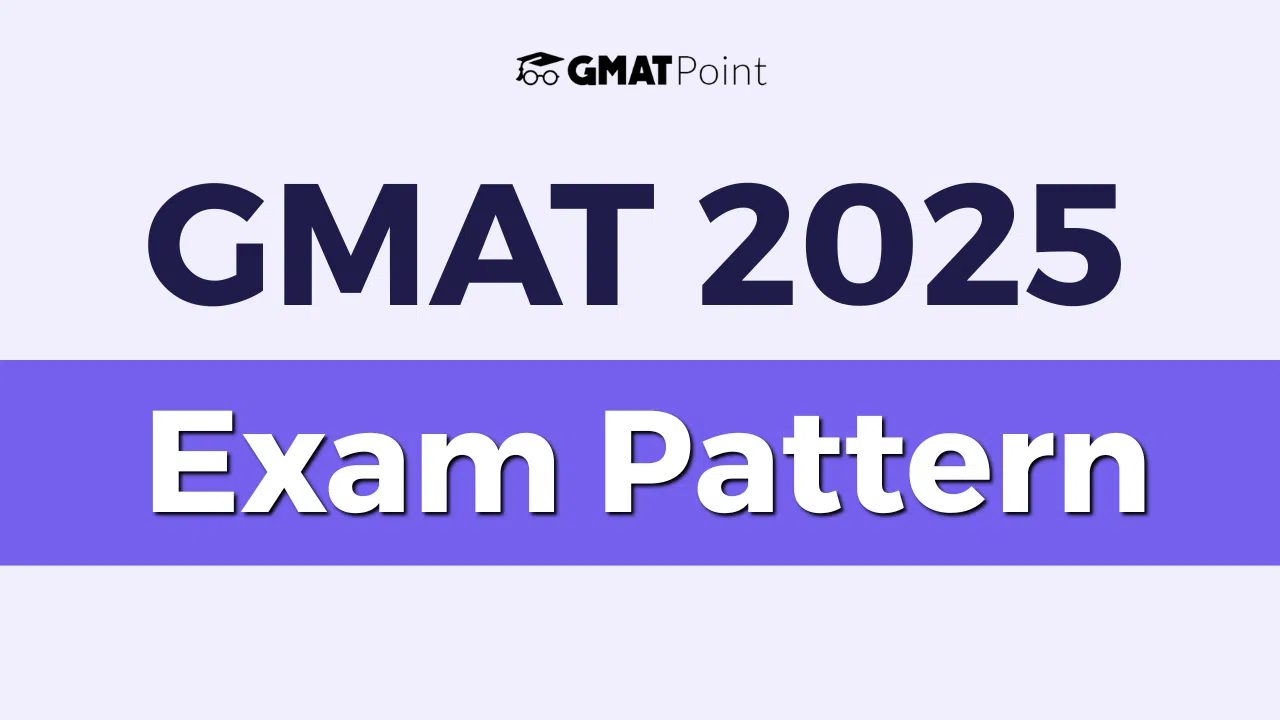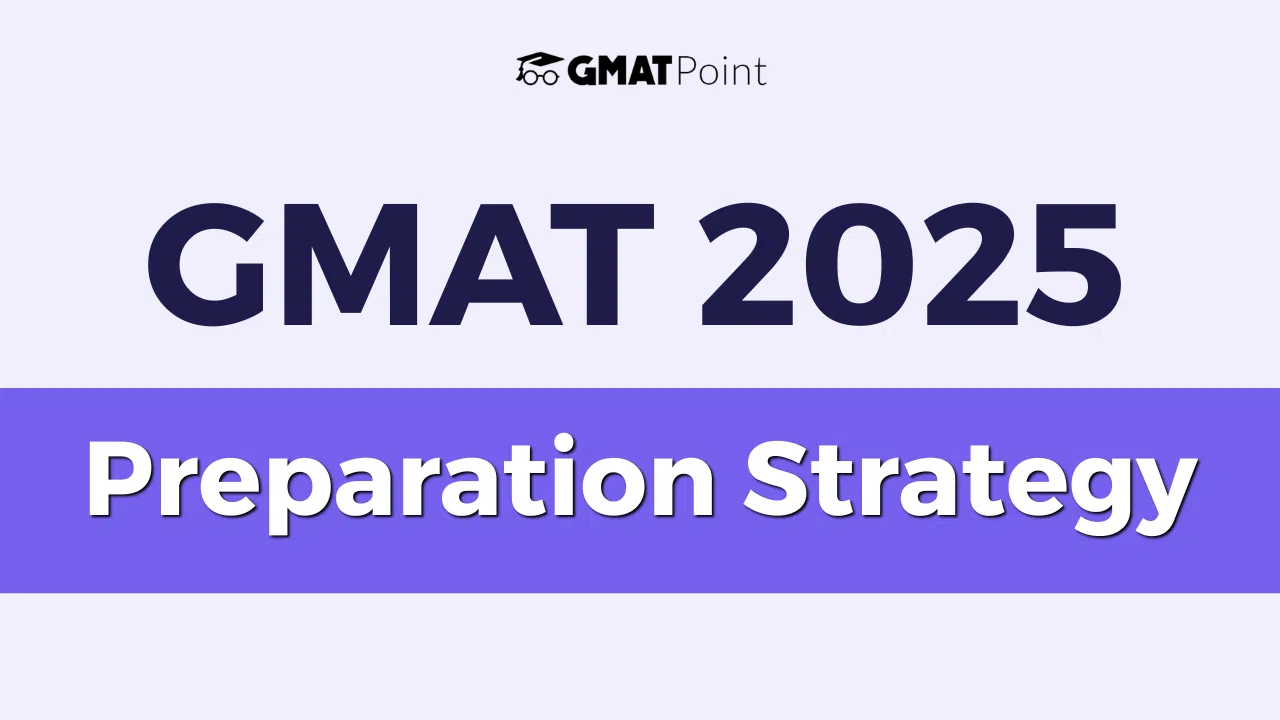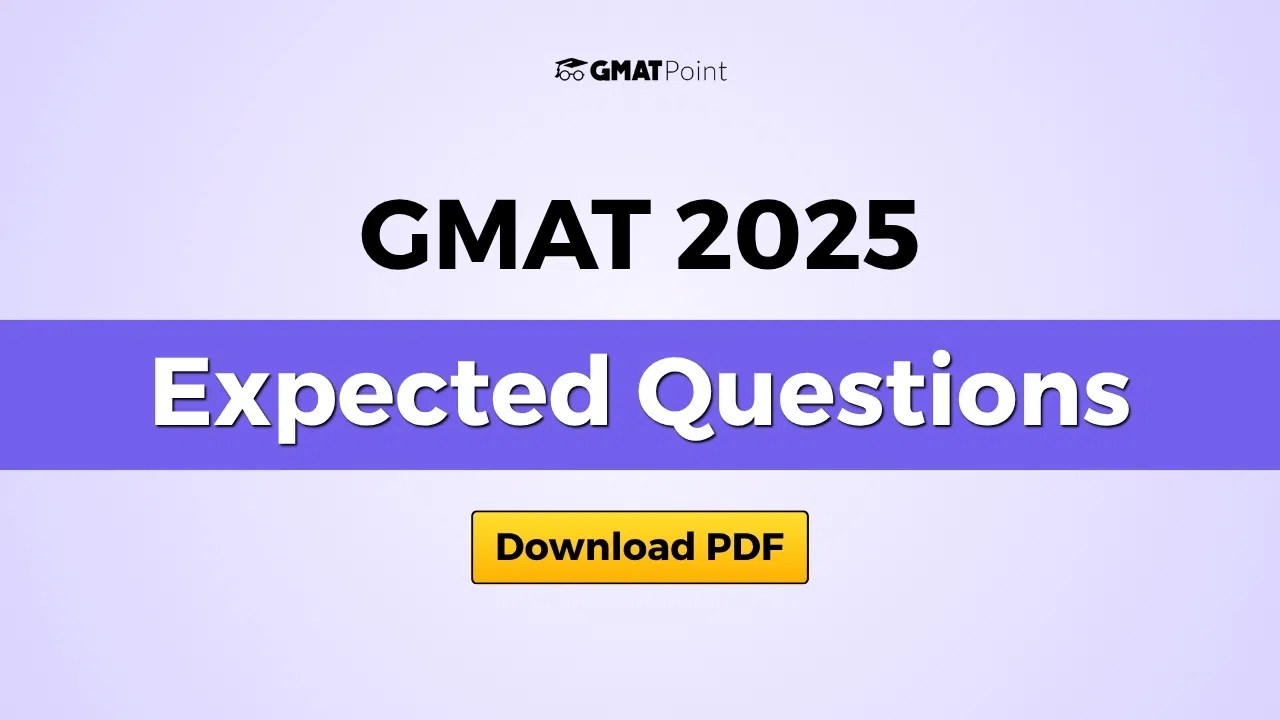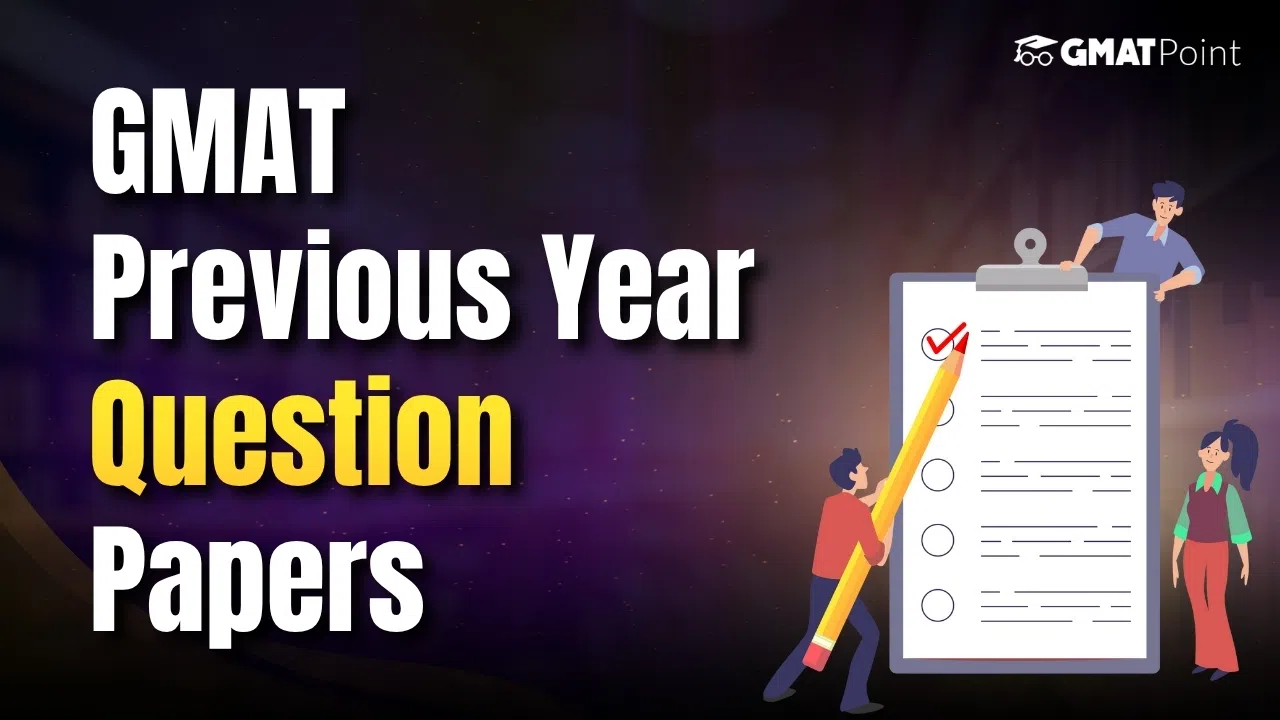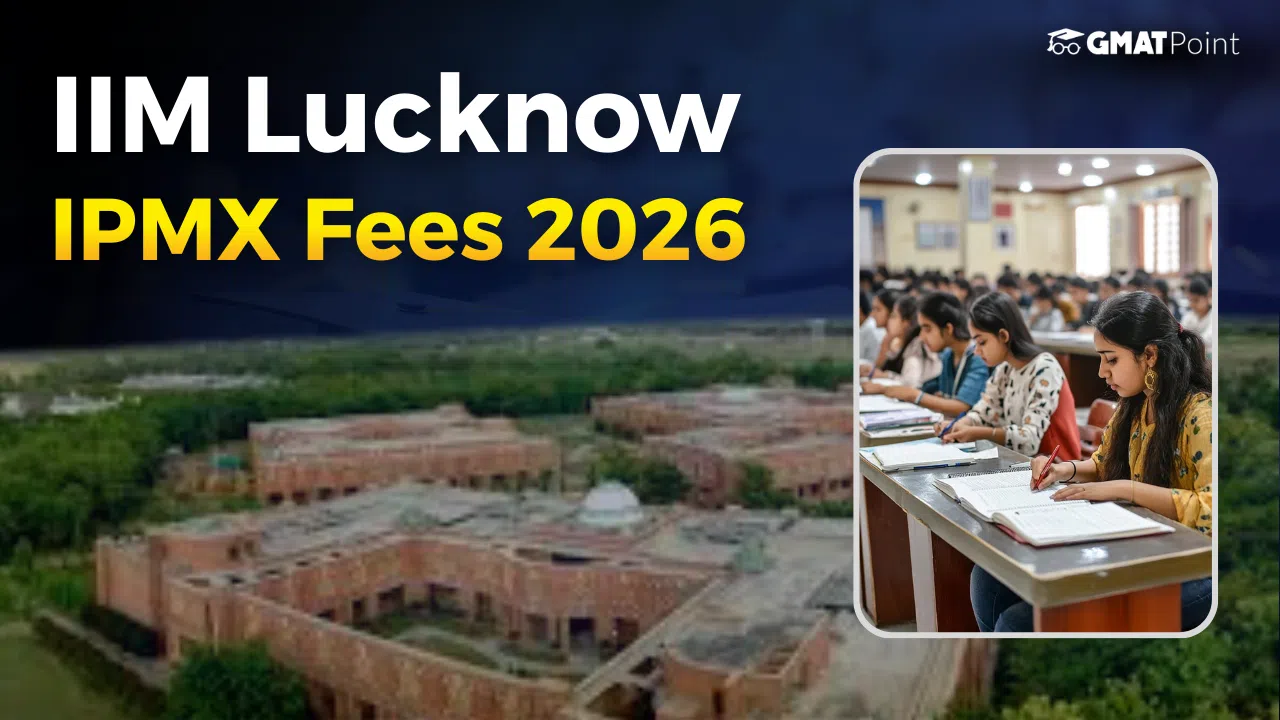GMAT Preparation Strategy for Beginners 2026
Are you planning to take the GMAT in 2026 but don’t know where to start? Preparing for the GMAT can feel overwhelming, especially for beginners. From learning the GMAT exam structure and scoring pattern to understanding each section, having a clear plan is important.
In this guide, we will share a GMAT preparation strategy for beginners 2026, show you how to prepare for the GMAT exam 2026 from scratch, and provide a section-wise GMAT preparation strategy for beginners. You will also learn strategies for GMAT preparation for a beginner and common mistakes to avoid while preparing for the GMAT exam.
GMAT Exam Structure and Scoring Pattern
The GMAT Focus Edition (formerly known as the GMAT Exam) consists of three sections: Quantitative Reasoning, Verbal Reasoning, and Data Insights. The total exam duration is 2 hours 15 minutes, with one optional 10-minute break.
The section-wise details are as follows:
Section | Number of Questions | Time Allocated | Score Range |
Quantitative Reasoning | 21 | 45 minutes | 60-90 |
Verbal Reasoning | 23 | 45 minutes | 60-90 |
Data Insights | 20 | 45 minutes | 60-90 |
The Total Score ranges from 205 to 805, and all three sections contribute equally to the overall score.
Read More: GMAT Exam Pattern 2025, Section-wise Marking Scheme
How to Prepare for the GMAT Exam from Scratch?
Starting your GMAT preparation from scratch may seem challenging at first, but with the right approach and consistency, you can build strong skills step-by-step. To help you get started in the right direction, here are the key steps to prepare for the GMAT from scratch:
Understand the GMAT exam: The GMAT is a standardised test used by business schools to assess readiness for graduate business education. It evaluates skills such as problem-solving, critical thinking, data analysis, and verbal reasoning.
Learn about the exam format and sections: The GMAT consists of multiple sections, including Quantitative Reasoning, Verbal Reasoning, and Data Insights. You should familiarise yourself with the structure, timing, and scoring rules to know what to expect on test day.
Use GMAT prep materials: Start with the GMAT mock test. These resources contain real GMAT questions. You can also use the GMAT 3-month Study Planner to organise your preparation.
Create a study plan: Decide when to start studying, how many hours per week you can dedicate, and how long your preparation will last. Many candidates prepare for 2-3 months. Include regular study sessions, review of weak areas, and full-length practice exams in your plan.
Learn the content and practice questions: Review basic concepts in arithmetic, algebra, GMAT reading comprehension and critical reasoning. Practice GMAT questions and keep a log of mistakes to identify areas that need improvement.
Review and refine your strategy: Focus on weak areas, practice time management, and develop test-day strategies, such as when to skip a question or how to handle difficult passages. In the final weeks, consolidate your strengths and review core concepts.
Register for the exam and prepare for test day: Choose your test date and location through the official site. Confirm test centre rules, gather required documents, and ensure you are well-rested and mentally prepared on exam day.
Read More: How to Prepare for GMAT 2026, Section-Wise Strategy
Section-Wise GMAT Preparation Strategy for Beginners
To begin GMAT preparation, first understand the format of the GMAT Focus Edition, which includes three sections: Quantitative Reasoning, Verbal Reasoning, and Data Insights. As a beginner, start with a GMAT diagnostic test from GMAT resources to assess your current level and identify your strengths and weaknesses. Here are some section-wise strategies to help beginners get started with GMAT preparation:
Quantitative Reasoning: The Quantitative Reasoning section measures your ability to reason mathematically, solve problems, and interpret data. Focus on building a strong foundation in arithmetic, algebra, and basic statistics. Start with easier questions to build confidence, and then gradually move to more complex problems. Time management is important, so practice solving questions under timed conditions. Keep an error log to track mistakes and review them to avoid repeating them.
Verbal Reasoning: The Verbal Reasoning section evaluates your reading comprehension and critical reasoning skills. Focus on understanding written material, identifying assumptions and conclusions, and evaluating arguments. Read short passages daily to improve comprehension speed and accuracy. Practice GMAT critical reasoning questions and review your mistakes. Consistent practice with GMAT materials will help you become familiar with the question style and difficulty.
Data Insights: The Data Insights section tests your ability to analyse and interpret data from tables, charts, and multiple sources of information. Start with simple charts and gradually practice multi-source reasoning questions. Learn to extract key information quickly and accurately. Practicing under timed conditions is important to improve both speed and accuracy.
Read More: GMAT Preparation Strategy 2025, Section-wise Preparation Tips
Mistakes to Avoid While Preparing for the GMAT Exam
Preparing for the GMAT requires time, focus, and a smart plan. However, many students make common mistakes that can lower their scores. Here are some key mistakes to avoid while preparing for the GMAT:
Not making a study plan: Studying without a proper plan can waste time and lead to confusion. Create a clear schedule that covers all sections: Verbal Reasoning, Quantitative Reasoning, and Data Insights.
Ignoring your weak areas: Many students keep practicing what they are already good at. Instead, spend more time improving your weak points to balance your overall score.
Skipping practice tests: Mock tests help you understand the real exam pattern and manage your time better. Avoid the mistake of taking too few practice tests.
Not reviewing mistakes: Simply completing practice questions isn’t enough. Always review your wrong answers to understand why you made those mistakes.
Cramming at the last minute: Trying to learn everything right before the exam can cause stress and confusion. It’s better to study regularly and revise well in advance.
Neglecting time management: The GMAT is a timed test; practice answering questions within the allotted time. Avoid spending too long on one question.
Not taking care of your health: Lack of sleep or poor diet can affect your focus and performance. Maintain a healthy routine during preparation and before the exam.
Read More: GMAT Syllabus 2025, Exam Pattern, Section-Wise Syllabus PDF
GMAT Preparation Strategy for Beginners 2026: Conclusion
Preparing for the GMAT 2026 as a beginner may seem challenging at first, but with the right strategy and consistent effort, you can achieve your dream score. Start by understanding the GMAT Focus Edition format, plan your schedule smartly, and build a strong foundation in quantitative, verbal, and data insights concepts. Using the official GMAT study materials and mock tests will help you become familiar with the actual test environment and improve accuracy over time.
A structured and disciplined approach is the key to success. Avoid common mistakes like skipping mocks, ignoring weak areas, or studying without a plan. Focus on steady progress, analyse every test result, and maintain a balance between speed and accuracy. Remember, the GMAT is not just a test of knowledge but also of strategy and endurance. With smart preparation and confidence, you can crack the GMAT 2026 and get one step closer to your dream B-school.
